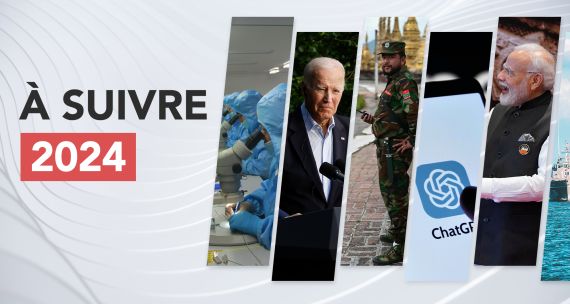The Asia Pacific Foundation of Canada (APF Canada) is hosting an informal conversation with Paul Thoppil, CFO of Indigenous and Northern Affairs Canada, led by Stewart Beck, President and CEO of APF Canada, at its Vancouver offices on the afternoon of January 19, 2018.
The conversation will focus on how First Nations communities in Canada can capitalize on opportunities in the Asia Pacific. Click here to email our events manager for more information on the event.
APF Canada had an opportunity to catch up with Mr. Thoppil prior to his engagement with the Foundation to ask him three key questions around the growing opportunities for Canadian First Nations communities in Asia.
Q: Where do immediate opportunities exist for First Nations willing to explore engagement with partners in the Asia Pacific?
A: I think one of the really exciting opportunities for First Nations to engage with partners in the Asia Pacific is through the expanding, unique, and authentic Indigenous tourism industry in Canada. The Prime Minister declared 2018 the "Canada-China Year of Tourism," and I think that provides a great opportunity for Indigenous Tourism in Canada.
Indigenous tourism serves as a vehicle to promote and share cultural identities, stories and traditions. This is a significant industry, and has the potential to create lasting international connections. In 2014-15, the National Aboriginal Tourism Research study, undertaken by the Indigenous Tourism Association of Canada, stated that Indigenous tourism made up C$2.65 billion in gross economic output. I believe these initial connections have the potential to create meaningful future partnerships for First Nations.
Another expanding opportunity for First Nations engagement with Asia is the resource development sector. This is an area of expected growth within the Asian market. For those First Nation businesses and communities who operate within this sector, Asian economies provide real opportunities for business growth and meaningful partnerships.
Q: What are the challenges today for First Nations looking to engage with Asia, and how can they best be overcome?
A: I cannot say that there is one challenge that will affect all First Nations – challenges will differ from First Nation to First Nation. That being said, I see two main challenges: community infrastructure and connectivity in First Nation communities and the persistent socio-economic gap between many First Nations and other Canadian communities. First Nations have entrepreneurial spirit the same as other Canadians, but were often not afforded the same resources and opportunities as other Canadians.
However, I am happy to say that these are all issues that are getting increasing attention and funding. My department is working with First Nation people and communities across Canada to support their aspirations to pursue economic development opportunities and wealth creation. There have also been substantial Government of Canada investments in infrastructure made in recent years in First Nation communities, and increased education funding to improve future opportunities for First Nation youth. Obviously, there is a lot more to do, but I am excited to see these developments really start to take off.
Q: How do you envision the long-term relationship between First Nations and Canada's partners in Asia, in terms of connectivity, collaboration and mutual benefit?
A: I think that the future is wide open for meaningful and mutually beneficial First Nations-Asia relationships. Ensuring that First Nations have the real opportunity to participate in the global market independent of former colonial vestiges is an important first step. Part of reconciliation in Canada with First Nations is economic reconciliation.
I can easily see more connections being made between business and trading partners in Asia and First Nations here through Indigenous tourism and other expanding Indigenous business ventures. Indigenous people are both the youngest and fastest growing demographic in Canada, and I don't think Asian trading partners would want to miss out on the promise of meaningful business partnerships with First Nation people, communities and businesses.




